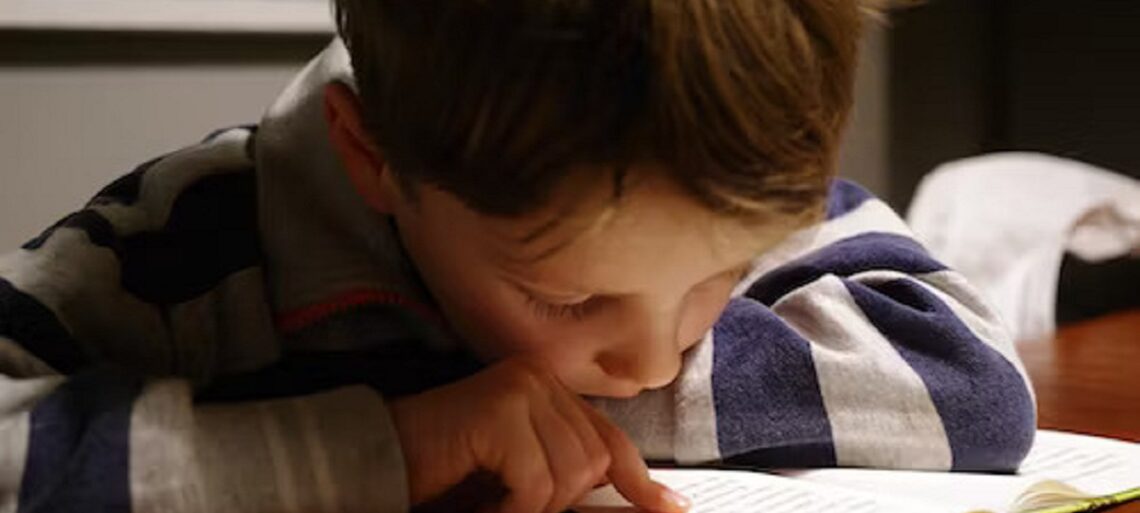
Dyslexia Center for Children: Helping Kids Overcome Dyslexia
Dyslexia is a learning disorder that affects individuals, particularly children, in their ability to read, write, and spell. Identifying and addressing dyslexia at an early stage is crucial for children’s academic success and overall well-being. This article explores the significance of dyslexia center in supporting children with dyslexia, offering specialized intervention programs, and empowering them to overcome the challenges associated with this condition.
Understanding Dyslexia
Dyslexia is a neurologically-based condition that affects language processing. Individuals with dyslexia often have difficulty with accurate and fluent word recognition, spelling, and decoding abilities. This learning difference is not a result of low intelligence, inadequate teaching, or lack of motivation. Dyslexic individuals have unique strengths and talents but require tailored educational approaches to maximize their potential.
Role of Dyslexia Centers Children
Children with dyslexia and their families benefit greatly from the assistance provided by dyslexia center. These facilities are devoted to offering thorough evaluation, intervention, and educational assistance to children who are struggling with dyslexia. Dyslexia centers dramatically raise the academic success and self-esteem of dyslexic kids through their specialized programmed.
Assessment and Diagnosis
Dyslexia center conduct thorough assessments to identify and diagnose dyslexia in children. These assessments involve a range of tests and evaluations, including reading fluency, phonological awareness, and cognitive abilities. By gaining a comprehensive understanding of each child’s strengths and areas of difficulty, dyslexia centers can tailor interventions and educational strategies accordingly.
Individualized Intervention Programs
One of the key features of dyslexia center is their ability to provide individualized intervention programs. These programs are designed to address the specific needs of each child, focusing on strengthening reading, writing, and spelling skills. Highly trained educators and specialists work closely with dyslexic children, employing evidence-based instructional methods to enhance their literacy skills and overall academic performance.
Multisensory Teaching Approaches
Dyslexia center often utilize multisensory teaching approaches, which engage multiple senses during the learning process. These approaches combine visual, auditory, and kinesthetic modalities to reinforce language skills effectively. By incorporating hands-on activities, visual aids, and auditory cues, dyslexia centers create an engaging learning environment that caters to the diverse learning styles of dyslexic children.
Assistive Technologies and Tools
Dyslexia center use assistive technology and resources in addition to specialized teaching techniques to help dyslexic students succeed in school. These technologies include voice recognition software, text-to-speech software, and portable electronic devices with built-in assistive capabilities. Children with dyslexia can enhance their reading comprehension, writing expression, and organizational abilities by incorporating such tools into the learning process.
Parental Involvement and Support
Dyslexia center recognize the significance of parental involvement in a child’s progress. They actively engage parents in the intervention process, providing guidance, resources, and workshops to enhance their understanding of dyslexia and effective strategies for supporting their children at home. By fostering a collaborative partnership between parents and dyslexia centers, the overall support network for dyslexic children is strengthened.
Empowering Children with Dyslexia Center
Dyslexia center main objective is to empower dyslexic kids by giving them the tools and methods they need to succeed both academically and socially. Children with dyslexia gain self-assurance, resilience, and a positive attitude towards learning from dyslexia centers through a mix of focused treatments, individualized care, and continuous support.
Conclusion
Dyslexia center serve as invaluable resources for children struggling with dyslexia. By offering comprehensive assessments, individualized intervention programs, and access to assistive technologies, these centers enable dyslexic children to overcome their challenges and reach their full potential. Children with dyslexia can successfully traverse their educational journey with the help of dyslexia centers and the commitment of qualified specialists.




